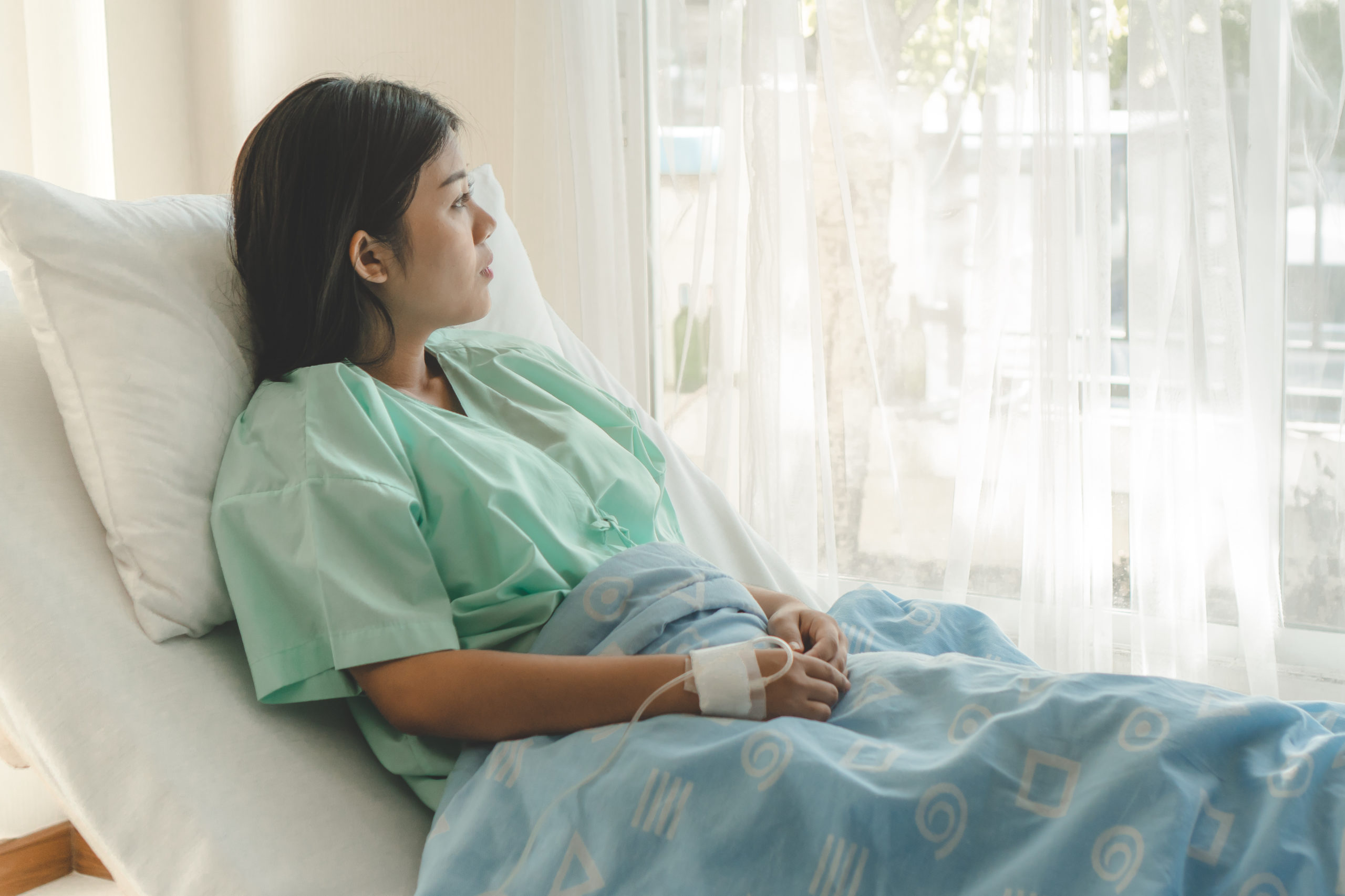latest
New virtual reality project aims to support women experiencing pregnancy loss
Women undergoing a manual vacuum aspiration will have the option to immerse themselves in a virtual reality experience to help them relax
"When the headsets are in use, it not only helps keep the women calm and gives them a more pleasant scene to observe, but it changes the entire atmosphere of the room which further improves their experiences. Everyone lowers their voice; instruments are not dropped on the metal trolley with a clang and the focus shifts from just a successfully completed procedure to the holistic and mindful care of the women." Natalie Nunes, consultant in obstetrics and gynaecology, Chelsea and Westminster Hospital NHS Foundation Trust
A virtual reality (VR) project has been launched to help women relax during a procedure undertaken when they have experienced a miscarriage.
The VR software, Eirene, has been developed by CW+, the official charity of Chelsea and Westminster Hospital NHS Foundation Trust. The idea, which was the winner of the hospital charity’s annual Nurses’ Call 2021, came from Natalie Nunes, a consultant in obstetrics and gynaecology, and Lauren Trepte, a research midwife. It will be offered to women who are being given a manual vacuum aspiration (MVA) procedure, which removes the remains of a pregnancy from the uterus. The project is being funded jointly with the Rosetrees Trust.
During the procedure women will wear a Smileyscope virtual reality (VR) headset, which will immerse them in a nature scene or an immersive breathing exercise accompanied by soothing music. They will still be able to hear the clinical team offering support and helping them to focus on their thoughts and breathing.
Trepte said: “Eirene is a project which is very dear to our hearts, as we sadly meet women in the early stages of their pregnancy who have experienced a loss. Peace of mind through observing a scene or a guided mediation while undergoing a MVA procedure reduces anxiety and aids relaxation. It gives them an alternative view and the opportunity to meditate, while being supported by our staff, and hopefully improves their mental health outcomes.
“Since launching the project, I have found that women are very receptive to the use of the headsets and like being given the option of a holistic comfort measure alongside normal painkillers. While supporting women during the procedure, I have seen that they appear relaxed and calm, and we hope Eirene continues to help promote and improve women’s health and wellbeing needs at times of discomfort and distress.”
Reducing health inequalities
The project is part of the CW Innovation programme, a joint initiative between CW+ and the trust. The programme identifies, tests and evaluates new solutions to improve patient care and experience, and the way that the trust hospitals are run.
Nunes said: “When the headsets are in use, it not only helps keep the women calm and gives them a more pleasant scene to observe, but it changes the entire atmosphere of the room which further improves their experiences. Everyone lowers their voice; instruments are not dropped on the metal trolley with a clang and the focus shifts from just a successfully completed procedure to the holistic and mindful care of the women.
“We also hope to reduce health inequalities as use is not dependent on someone’s command of the English language. Women for whom English is not their first language can still utilise the headsets and have the full experience that an English-speaking woman would have.”
Smileyscope technology is being used in other medical settings, including at Rush University Medical Center in Chicago, where it supports people with a phobia of needles, and in Perth, Australia, where it is helping children undergoing long medical procedures.
FCC Insight
We are seeing increasingly innovative use of virtual reality software to help improve health and care experiences. A manual vacuum aspiration procedure can be distressing for many women, and it is encouraging that CW+ are trying to address this. The emphasis on support where language barriers may exist is also interesting. If outcomes are successful, this is an initiative that could be rolled out more widely to support the many women who experience early pregnancy loss.
